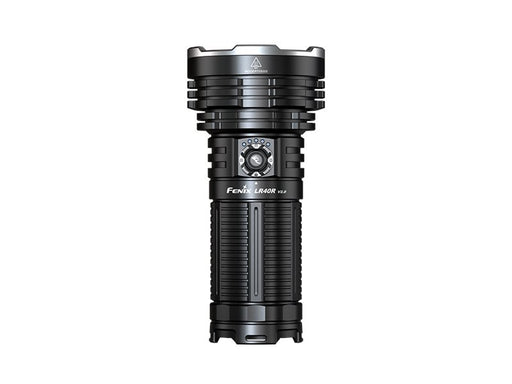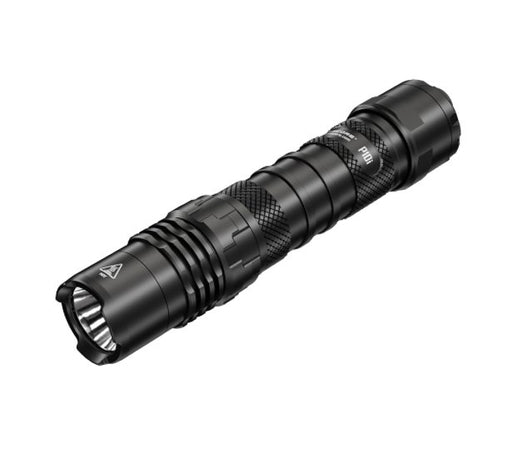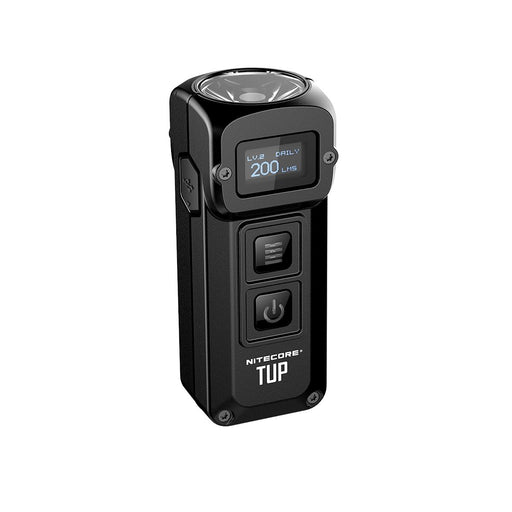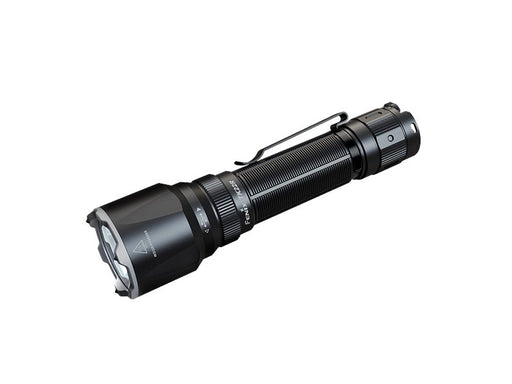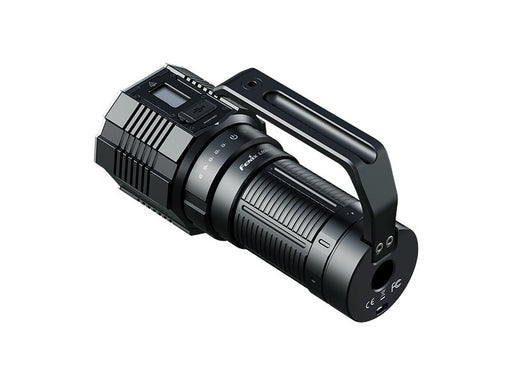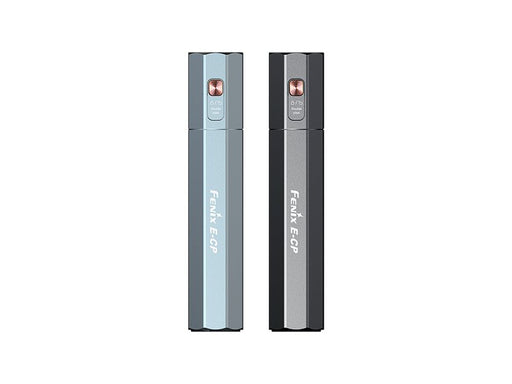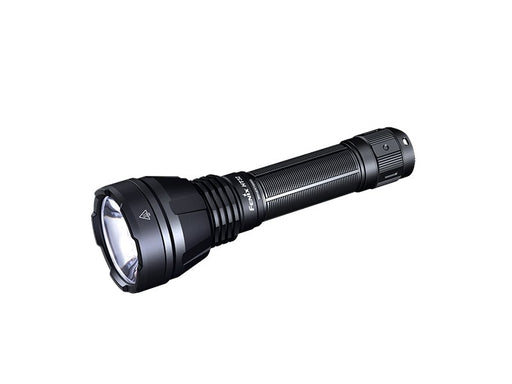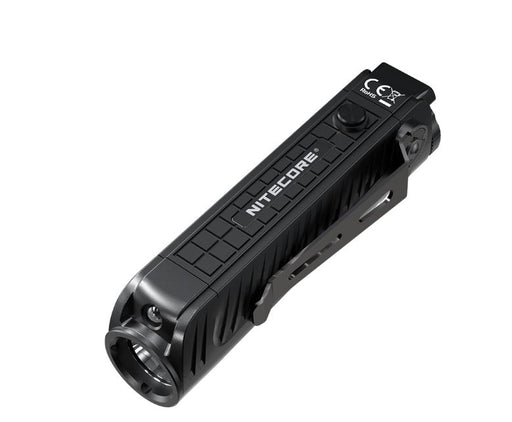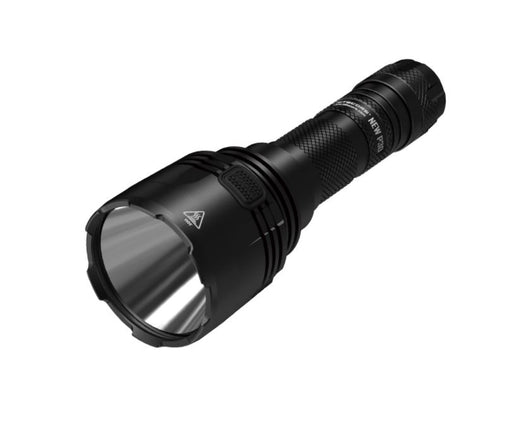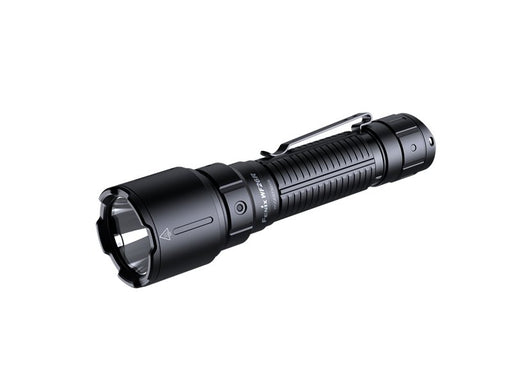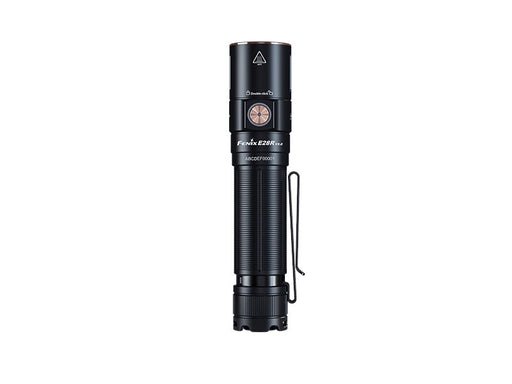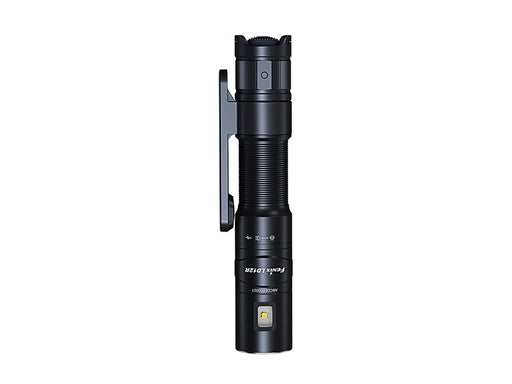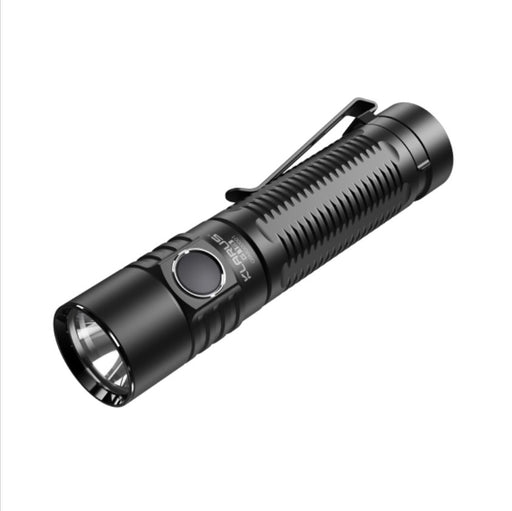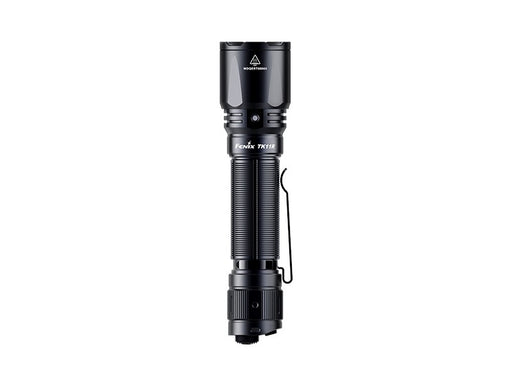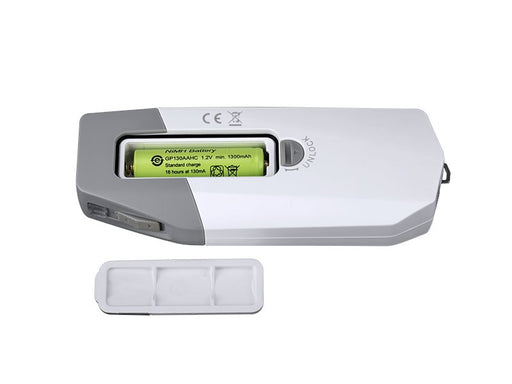Flashlights
All About Flashlights
With well over 200 flashlights in our store, you’d be right in assuming we’ve got the flashlight you’re looking for. Where to start your search for the perfect torch, however, can be a little intimidating with so many options to choose from.
For that reason, we’ve put together some important aspects to consider and help you narrow down your search, as well as a list of some popular features you’ll find in today’s modern flashlights.
Types Of Flashlights
There’s a specialty flashlight in our store for just about every application. Home emergencies, hunting, camping, diving, cycling… You name it, we’ve got it.
If you don’t have a specific application in mind, chances are EDC (Everyday Carry) flashlights are the best place to start your search. We recommend you start with EDC lights because a good EDC packs most (if not all) of the features listed below. Depending on the model you choose, most EDCs are quite powerful, long-lasting and pretty compact, making them the perfect companion for a wide range of applications.
Flashlight Performance
When we talk about flashlight performance, we typically refer to three main things: Brightness, throw distance and runtime.
Brightness is the number of light flashlights produces and is typically measured in lumens. The more lumens a flashlight produces, the brighter it will be. If you’re not sure how bright you need your flashlight to be, we recommend starting with a torch that produces at least 200 lumens, but know that most high-quality torches will deliver more than that; the amount of lumens that can be reached is pretty impressive these days.
Throw Distance (you probably guessed it) measures the distance the light from your unit will reach. A well-rounded light should throw at least 300 feet, although many of the lights you’ll find in our selection will more than triple that amount. Impressive, right?
Runtime is another important consideration because it determines and tells you how long your flashlight operates on each mode, on a full charge. Eight hours of runtime on a medium setting is a good benchmark for most lights, but again, we have flashlights in our store that can run for over 48 hours on a single charge.
Key Features And Functions Of Flashlights
Flashlight companies roll out new, unique features for their torches every year. The list below is not the easiest to comprehend but covers the core features of today’s modern flashlights.
Bulb Types
There are two main types of bulbs for modern flashlights: Incandescent and LED. The vast majority of customers prefer LEDs for their durability. A single modern LED bulb can run for 50,000 hours or more before it needs to be replaced.
LED Options
There are a few different kinds of LEDs out there, but the gold standards by far are CREE and LUMINUS LEDs. Both are great and will outlive the average user. A single one of these LEDs can crank out over 1,000 lumens with the right battery and some hunting and searchlights use 10 LEDs or more to provide you the brightness you need.
Battery Types
The main battery types in flashlights today are either lithium-ion or alkaline. Li-Ion rechargeable batteries are the most popular for their higher power outputs and longer runtimes. Alkaline batteries do have the advantage of being less expensive, not having to be recharged so they're perfect for outdoors and camping for example, and we have to say, they can hold their charge for a decent time as well; their performance and runtime however is nowhere near Li-Ion cells. To keep it interesting and to maximize performance, most flashlights will run on Li-Ion rechargeable batteries, but sometimes the manufacturer will provide the option to use both.
Operating Modes
A wide selection of modes makes for a versatile flashlight. A few to keep in mind are multiple power modes (low, medium, high, etc.), strobe (for self-defense situations), and turbo (for on-demand bursts of light). Some lights will also provide UV lighting, SOS, or color settings. To simplify the user interface, in some cases you may also find modes such as ‘’tactical mode’’, ‘’outdoor mode’’ or ‘’duty mode’’, in which you’ll find targeted modes to fit your needs, depending on your usage and preference.
Other important features include impact resistance, water and dust-proofing, and USB recharging. Internal temperature regulation is another popular feature, as higher-powered flashlights generate quite a lot of heat (more lumens = more heat); most high-quality lights will include this feature in their design. In some cases, you will also find that some flashlights will withstand a wider range of temperatures/environments, if this is an important feature for you, you might also want to take a look at cold-resistant batteries.

